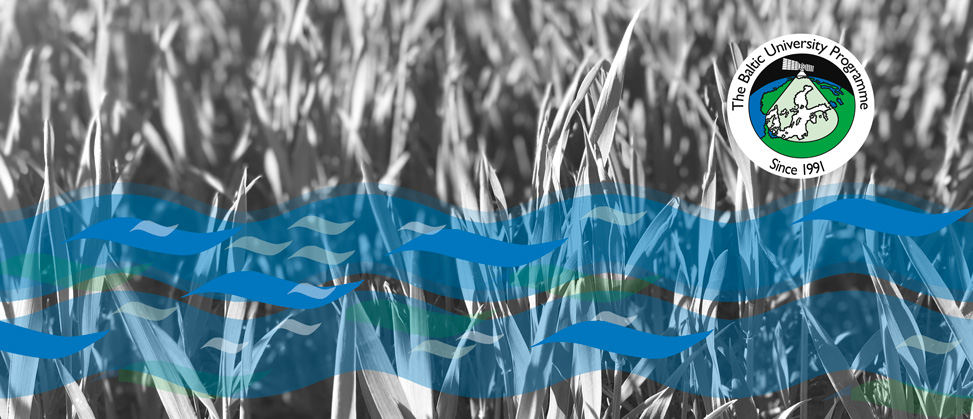
The module about sustainable spatial planning of tourism destinations has already been published on the course platform of the Baltic University Programme. Enjoy open lectures and supplementary materials for students and teachers. For more, visit also our Repository. The module was prepared by Katarzyna Leśniewska-Napierała and Tomasz Napierała (ULODZ).
The open module about sustainable spatial planning of tourism destinations was designed to achieve learning outcomes in the field of spatial planning of tourism destinations. Participants will have the opportunity to learn about various issues of spatial planning in tourism destinations, e.g., seasonality, overtourism, gentrification, tourist ghettos, tourism hypertrophy. Basic knowledge of spatial planning, sustainable development and tourism would be an advantage of the students. However, for those of participants who are out of mentioned fields, the sources of requested initial knowledge will be recommended.
Lectures of the module about sustainable spatial planning of tourism destinations
The module about sustainable spatial planning of tourism destinations consists of the following lectures accompanied by quizzes:
- The first lecture starts with the introducing most crucial notions, including: sustainable development, sustainable tourism, and sustainable spatial planning.
- The challenges of sustainable spatial planning in tourism destinations are the focus of the second lecture. Tourism is a spatial phenomenon. It both uses and shapes the landscape, as well as utilizes and affects social, economic, cultural, and political relations embedded in places visited by tourists. What is important, spatial impacts of tourism might be challenging for tourism destinations, or even have a negative consequences.
- During the third lecture both policy and decision support tools which can be used in sustainable spatial planning of tourism destinations are presented.
- During the fourth lecture the results of Polish case study of the project SPOT are presented. The results of another project conducted by Tomasz Napierała and Katarzyna Leśniewska-Napierała and their seminar students are also discussed. This is to understand real challenges we meet when trying to apply sustainable spatial planning of tourism destinations.
The course on sustainable tourism in the Baltic Sea Region
The module about sustainable spatial planning of tourism destinations is an element of the course on sustainable tourism in the Baltic Sea Region. The course aims to provide a basic but comprehensive knowledge and understanding of the origins, applications, analyses and examples of sustainable tourism with a specific regional focus on the Baltic Sea. The course has both an interdisciplinary and interregional focus and is designed to give the learner a broad but still focused introduction to the topic with socio-political, economic and environmental viewpoints. The topics that will be covered in this course include the introduction of sustainable tourism, its stakeholders, challenges and theories. Numerous examples will be given, including cases and specific aspects of the topic. The course is a regional cooperation between many researchers across the Baltic Sea Region, including those from Sweden, Finland, Ukraine and Poland. The course consists of four modules:
- An introduction to sustainable tourism
- Aspects of sustainable tourism
- Sustainable spatial planning of tourism destinations
- Examples from the field
